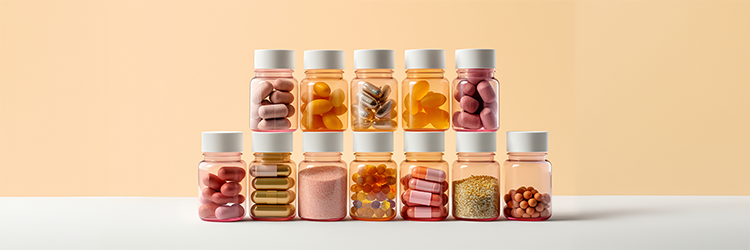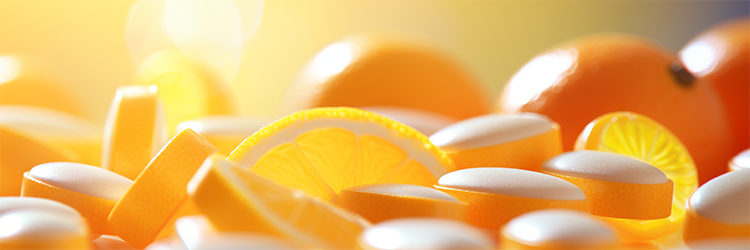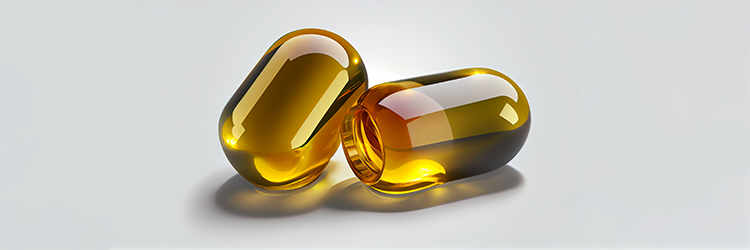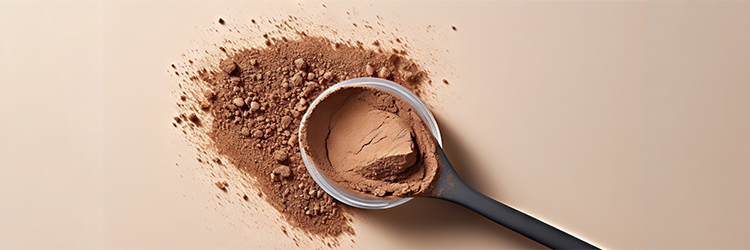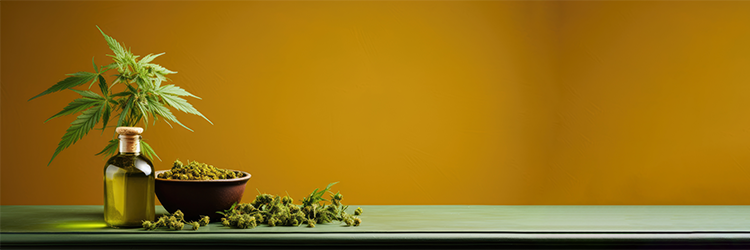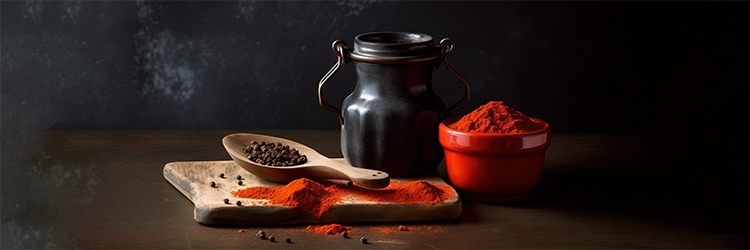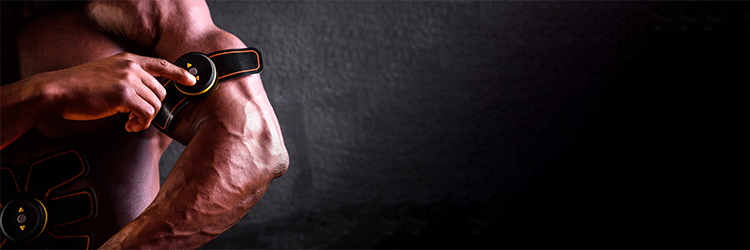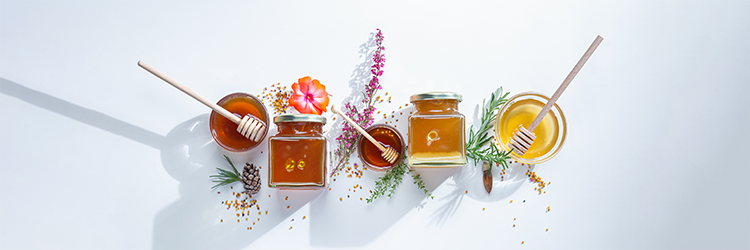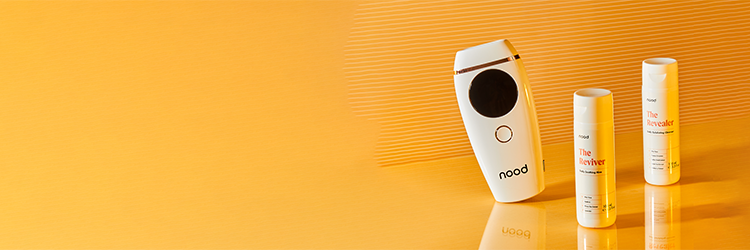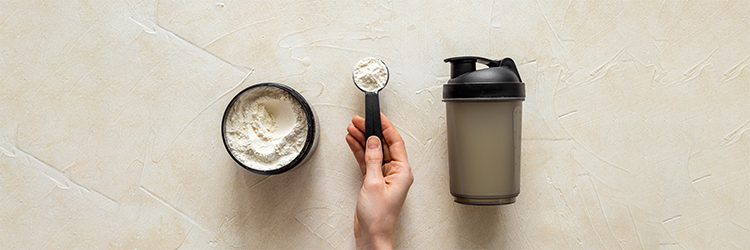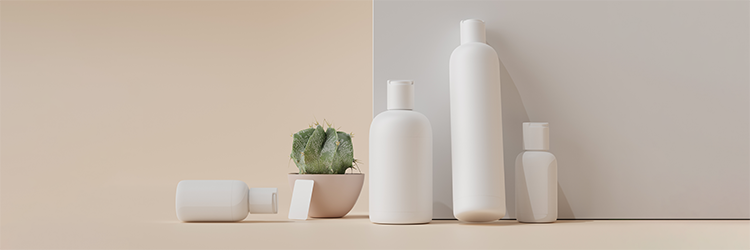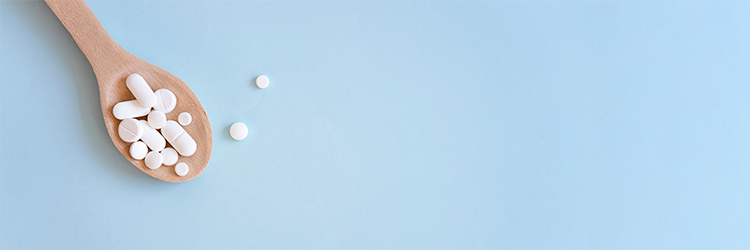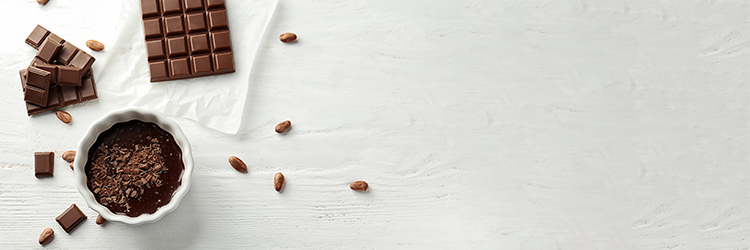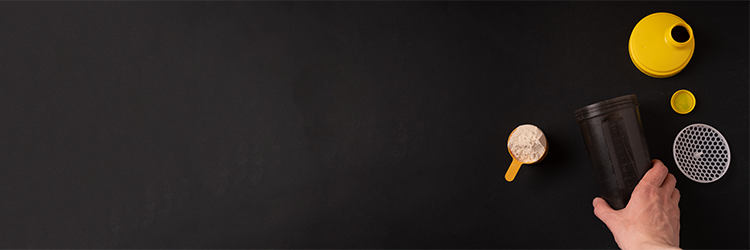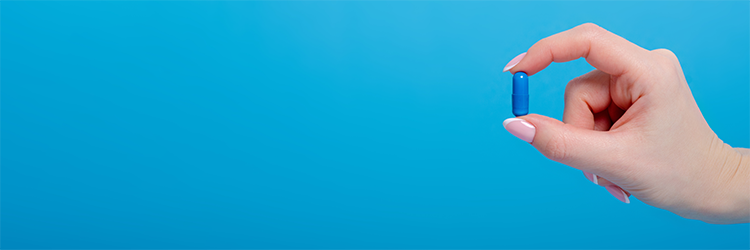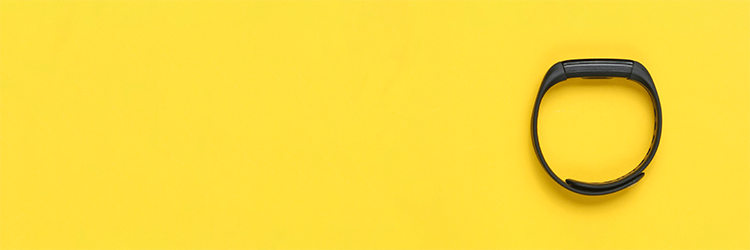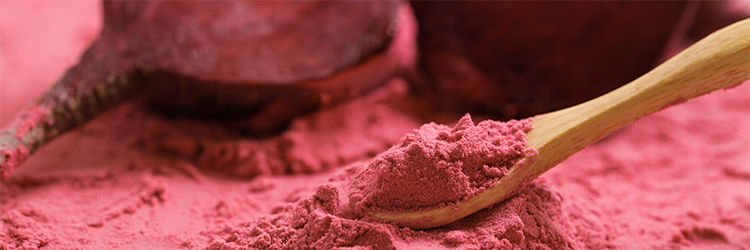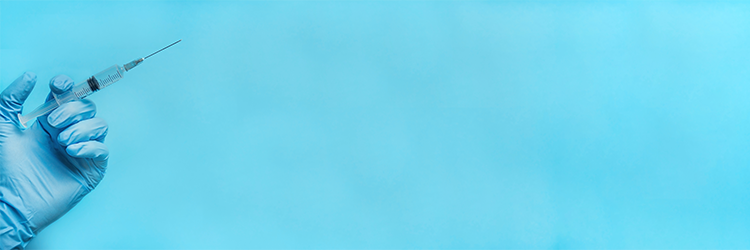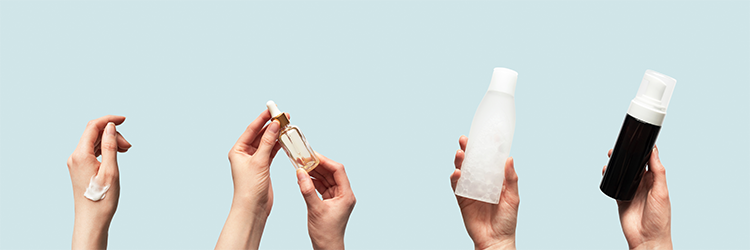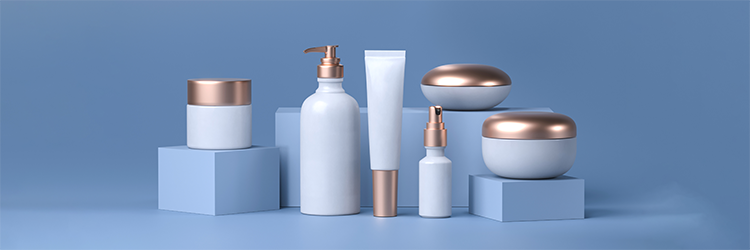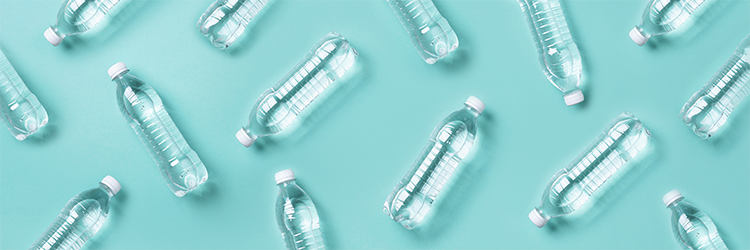
Pre-workout is becoming increasingly popular as gym culture takes over the U.S., but it can cause jitters and many users are curious about how long its effects last.
But is there any medical research testing how long pre-workout lasts? Does it depend on its active ingredients? How long does it take the body to clear caffeine? And are some pre-workouts a risk to your health?
In this article we’ll answer all of these questions and more as we review clinical trial data to explain how long the effects of most pre-workouts will last.
We'll break down how long it takes for the body to clear the active ingredients in most pre-workouts, share a video on some of the health risks of certain pre-workout products (and what to look out for), and give our clean pre-workout picks.
How Long Does Pre-Workout Stay in Your System?
Because very few pre-workout brands publish clinical trials testing their products, the best way to determine how long a pre-workout will last is to analyze some of the most common active ingredients.
The half-life of an ingredient refers to how long it takes for the body to break down 50% of it. We can assume that most of the stimulatory effects will be over by the ingredient's half-life.
Caffeine is the most popular ingredient in pre-workouts, and one of the safest and most well-known stimulant compounds. As most consumers are aware, it’s the active chemical compound in coffee.
The half-life of caffeine is 5 hours according to . For smaller caffeine doses such as 100 milligrams (mg), it’s likely that the effects will have worn off before then. But if your pre-workout contains larger caffeine doses like 300 or 400 mg, you may still be feeling some effects at the half-life point.
Guarana is another popular stimulatory ingredient found in pre-workouts and energy drinks. It’s a plant that contains caffeine, theobromine and theophylline, all of which are stimulant compounds.
The half life of guarana should be considered to be longer than caffeine, based on , although the research on the topic is still early. 6 hours is a safe assumption.
Theacrine is a stimulant that’s becoming more common in pre-workout formulations because it’s been shown to improve both energy and mood in a published in the Nutrients journal.
The half-life of Theacrine is estimated to be about 20 hours, but anecdotal user reports have suggested the effects are insignificant after 6 hours.
Based on the available research, we believe that the effects of most pre-workouts will peak around one hour after ingestion and slowly fade over the following five hours until the effects are barely noticeable.
Most stimulatory compounds like caffeine will cause users to build a tolerance. This means that given the same dose, the subjective stimulation experienced by someone who regularly uses caffeine will be lower than the stimulation experienced by someone who rarely uses caffeine.
We Tried Pre-Workout Ourselves

As one of the authors of this article (Calloway), I wanted to try pre-workout myself to determine how long its subjective effects lasted.
I don't typically use pre-workout, but I used a pre-workout with 200 mg of caffeine about 15 minutes before lifting weights.
Within 30 minutes, I started to notice greater mental focus and motivation. I felt stronger during my lifts due to the creatine, and was able to complete more reps per set than usual.
The effects weren't extreme as this is a relatively mild pre-workout, but I probably completed around 20% more total reps than I typically would during a leg workout.
Given the modest level of stimulants in this pre-workout, I stopped noticing any effects at all around two hours after my lifting session. I experienced no jitters or negative side effects.
These subjective effects will obviously vary significantly person-to-person.
Our Clean Pre-Workout PicksWe receive compensation when readers purchase the products or services we recommend.

Illuminate Labs Panax Ginseng Extract is our top pre-workout supplement.
Panax ginseng extract increases muscle recruitment () and reduces physical fatigue (), and our supplement is third-party tested to ensure its purity and potency.
Pique Breakfast Black Tea Sticks is our top whole food energy pick.
Black tea consumption is "associated with rapid increases in alertness and information processing capacity" (), and Pique's tea is organic and comes in convenient stick packs that can be mixed into water.
Both of the products mentioned in this section are entirely free of ingredients we consider to be unhealthy.
Can Pre-Workout be Dangerous?
A video by fitness channel "Nick's Strength and Power" has over 270,000 views and explains the risks of some commercial pre-workout products:


